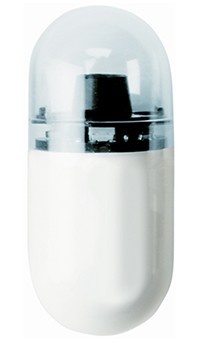Small bowel video capsule endoscopy
Remember
Video capsule endoscopy (VCE) is a valuable tool in assessing the small intestine. The small bowel capsule has no role in visualising the colon. Oesophageal and colon capsules are available, but data do not support a central role for these technologies currently.
The main indication for performing VCE is obscure gastrointestinal bleeding (OGIB), which is recurrent and/or persistent gastrointestinal bleeding for which no source has been found on gastroscopy and colonoscopy. A Medicare rebate is available for patients aged 10 years or older with OGIB that is either active or severe enough to cause anaemia. Iron deficiency without anaemia is not a rebated indication for VCE, and neither is iron-deficiency anaemia in patients with a plausible alternative explanation, such as menstruating females or patients with malabsorptive diseases such as coeliac disease. The Medicare Benefits Schedule prescribes that VCE has to be performed within six months of gastroscopy and colonoscopy, although no data exist to support this requirement. The only other rebated indication is for patients with Peutz-Jeghers Syndrome, which is characterised by multiple small bowel hamartomas.

